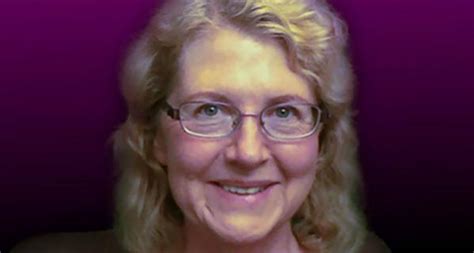A Quote by Cate Marvin
The fiction writer has a lot of balls to juggle. Setting, pacing, dialogue, and so on. And let's not forget: plot. That was always a hard one for me. And I always had this spastic tendency to wrap up a story before I'd seen it the whole way through, a sort of writer's pre-ejaculatory tendency: "The End!"
Related Quotes
If you want to be a fiction writer, you need to start reading like a fiction writer. To do so, you need to learn about craft so that the next time you pick up a contemporary short story, you're reading it not as an abstraction floating in formaldehyde, existing simply for the theorist's dull scalpel to saw on, but as a concrete thing constructed out of words and shaped by syntax, brought to life by a writer who made several thousand choices, some large, some small, before letting that imperfect beauty, the story, walk on its own two feet.
There's a certain grain of stupidity that the writer of fiction can hardly do without, and this is the quality of having to stare, of not getting the point at once. The longer you look at one object, the more of the world you see in it; and it's well to remember that the serious fiction writer always writes about the whole world.
I believe a good writer can write a good book with any sort of character, in any sort of setting, but I prefer to write about the outsider. It might just be because I've been one (or perceived myself to be one) for so much of my life. But the simple fact of being marginalized immediately brings conflict to a story before the narrative even begins, and that's gold for a writer because it means that your character already has depth before events begin to unfold.
I believe the only way a writer can keep himself up to the mark is by examining each story quite coldly before he starts writing it and asking himself if it is all right as a story. I mean, once you go saying to yourself, 'This is a pretty weak plot as it stands, but I'm such a hell of a writer that my magic touch will make it okay,' you're sunk. If they aren't in interesting situations, characters can't be major characters, not even if you have the rest of the troop talk their heads off about them.
I kept a lot of my thoughts inside myself. So, perhaps more than is normal, I'm always questioning my role as a writer. I'm always stopping and asking myself: Do I have the right to tell this story? Is it a story that deserves to be heard? And as for whether I think of myself as a Writer with a capital "W," I very much hope I never do.
Every sentence has a truth waiting at the end of it and the writer learns how to know it when he finally gets there. On one level this truth is the swing of the sentence, the beat and poise, but down deeper it's the integrity of the writer as he matches with the language. I've always seen myself in sentences. I begin to recognize myself, word by word, as I work through a sentence. The language of my books has shaped me as a man. There's a moral force in a sentence when it comes out right. It speaks the writer's will to live.
Not my biggest fear, but my biggest problem onstage is over-emphasizing what I do. I'm pushing too hard. You need to engage an audience. They need to be able to involve their own imaginations as well. They don't need everything thrust down their throat, and I have a tendency to do that. I always have had a tendency to do that.
'Seize the Story' takes readers all the way through the process of writing fiction, from beginning to end. Every element, from dialogue to setting, plotting to character creation, is laid out and illustrated with examples. But the tone of the book is not that of a dry writing manual - it's definitely written for teenagers.







































